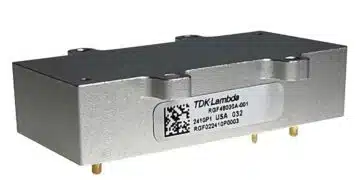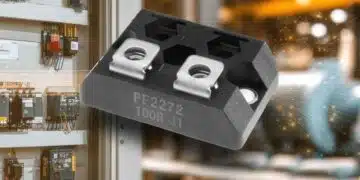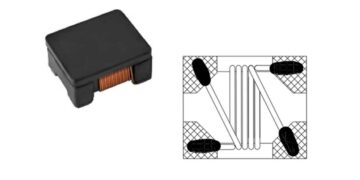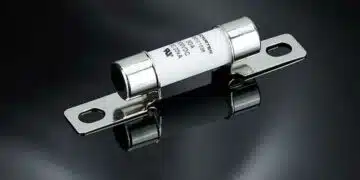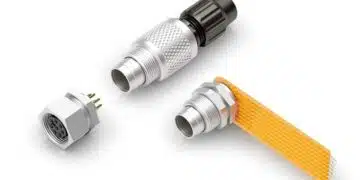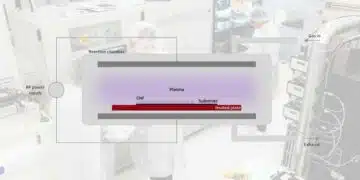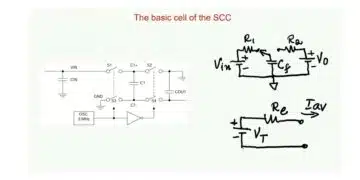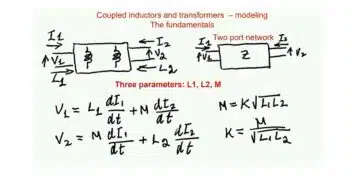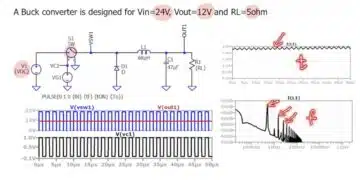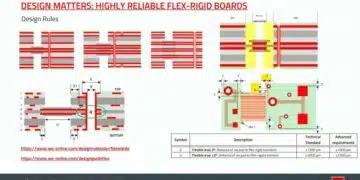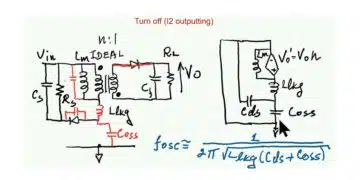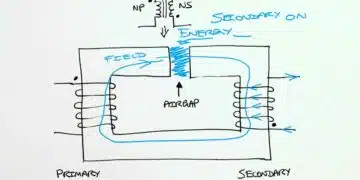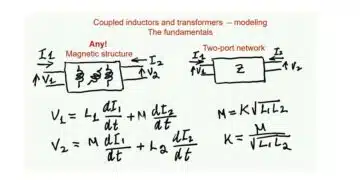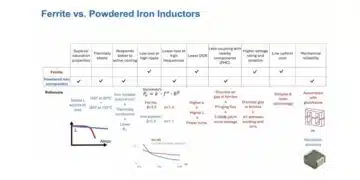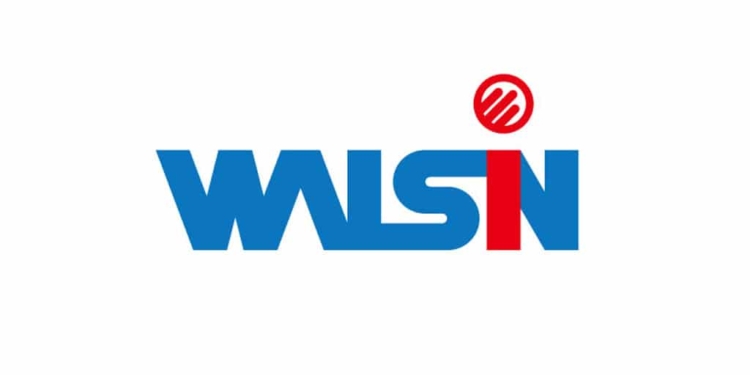Walsin Technology, a maker of MLCCs and resistor chips, has said its production lines in Taiwan and Malaysia are operating at full capacity and those in China at 70%, with shipments to clients little affected by the coronavirus outbreak.
The company said at an online investors conference that the outbreak has made supply increasingly tight driving up short-term quotes for passive components, but supply shortages have yet to come.
Walsin expects its overall capacity for mainly MLCCs and chip resistors to expand by 15% on year in 2020, and anticipates better profitability for the second half of the year than the first half.
Walsin noted that the epidemic would impact the global economy in the first half of the year, but it can well cushion the impact thanks to large customer bases evenly spread in diverse industries. The company now maintains over 600 direct clients, with the top 10 contributing 20-25% of its total revenues.
The company saw combined revenue ratio for automotive and industrial control applications rise to 35% in 2019 and expects the ratio to grow further in 2020 driven by sustained growth in demand for Internet of Vehicles (IoV) applications.
Through its Japanese affiliate Kayama Electric, Walsin has successfully ventured auto-use capacitors into first-tier automakers in Japan and Europe, making it one of a few makers in the world able to supply high-specs automotive MLCCs and chip resistors.
Besides automotive applications, the company will also step up efforts to tap the lucrative 5G RF (radio frequency) components market in 2020 by integrating resources of its affiliates Inpaq Technology and Prosperity Dielectric.
While Walsin boasts strong antenna customization capability, Inpaq is well-versed in FR antenna design, simulation, measuring, and magnetic materials processing and Prosperity can offer ceramic dielectric powder with consistent quality to support production of RF antenna components.
In 2019, Walsin sourced 71% of its revenues from the Greater China market, compared to 16% from other Asian areas, and 6% each from the US and Europe, with 52% of its sales via direct sales channels, 40% through distributors and 8% from brand contract production services, according to company statistics.


